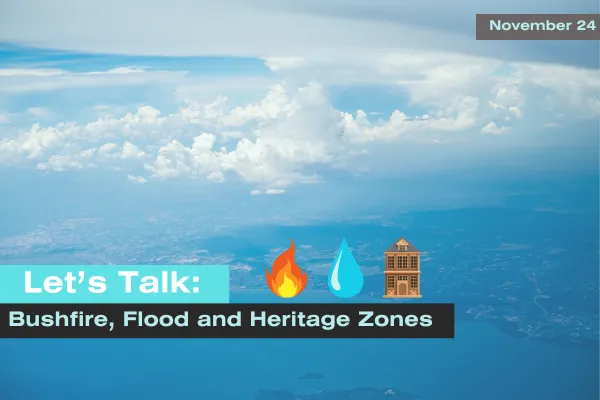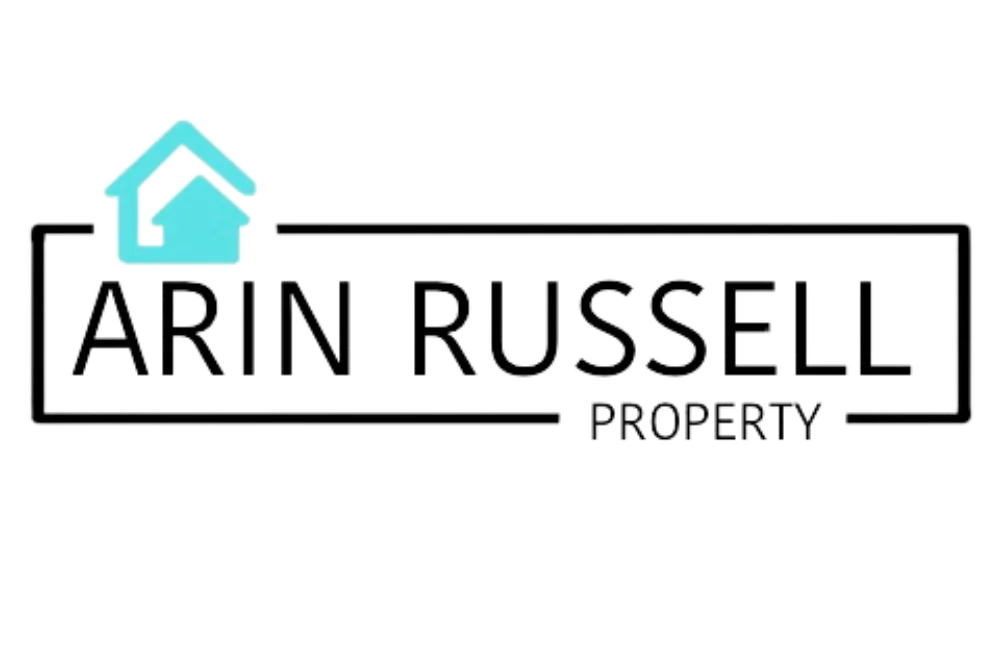Property News & Market Updates
We Respect Your Privacy.

Avoid Costly Mistakes in Property Investment: What You Need to Know About Zoning, Bushfires, and Flood Zones
Why Land Zoning, Bushfire, and Flood Zones Can Make or Break Your Property Investment
When you think about buying a property, it’s easy to get lost in the excitement of location, aesthetics, and the potential for growth. But let’s take a moment to discuss something equally important that often flies under the radar: understanding the regulatory and environmental risks that come with your investment. Specifically, land zoning, bushfire, and flood zones can play a significant role in safeguarding your investment. Let’s explore how these factors can greatly influence property value, insurance costs, and the feasibility of your plans for the land.
1. Zoning Laws: A Hidden Factor in Property Investment Success
Usage Restrictions
Picture this: you find the perfect spot and dream of opening a café there. But when you get the keys, you discover it’s zoned strictly for residential use. Now what? Without checking the zoning laws, you could find yourself stuck—either trying to sell the property or enduring a long, costly rezoning process.
Future Development Potential
Now, imagine you buy a plot of land with grand plans for a multi-story apartment complex. You’re excited, only to learn that zoning limits you to just two stories. This restriction can seriously impact your investment’s growth potential and your expected returns.
Value and Marketability
Zoning can also affect a property’s desirability. For example, buying a charming residential home near a planned industrial area might seem like a great deal. However, the impending industrial zone could make your property less appealing and decrease its resale value.
2. Bushfire Zones: Safety and Financial Preparedness
Safety and Insurance Costs
Let’s say you purchase a lovely home nestled in a picturesque bushfire-prone region. It sounds idyllic, but if you don’t consider the insurance implications, you might be in for a shock. Insurers might charge you exorbitant premiums or refuse coverage altogether, leaving you financially exposed.
Building Requirements
If you buy property in a bushfire zone, you’ll likely need to adhere to strict building codes, including using fire-resistant materials. This can add to your construction costs and affect your overall budget.
Resale Value
When the time comes to sell, potential buyers may shy away due to the bushfire risk and the high insurance costs. You could find yourself reducing the price just to attract interest.
3. Flood Zones: Managing the Risks of Water Damage
Flooding Risk
Imagine purchasing a stunning waterfront property, only to discover it’s in a flood zone. During heavy rains, it floods, causing significant damage. The cost of repairs can be staggering, and if flooding happens frequently, you could face ongoing maintenance issues that reduce your property’s value.
Insurance Costs
Finding out that flood insurance is mandatory and costs way more than you anticipated can be a harsh reality check. Those higher premiums can eat into your rental income or increase your expenses, affecting your investment’s profitability.
Resale Challenges
Selling a property in a flood zone can be tricky. When potential buyers learn about the flood risk, they might lose interest, leaving your property on the market longer than you’d like. You may have to lower the price to secure a sale.
4. Combined Impact: Protecting Your Investment
Financial Risk
Ignoring zoning, bushfire, and flood factors can lead to unforeseen expenses. Imagine buying multiple properties without checking these critical risks and then facing insurance and resale challenges across the board. Those unexpected costs can quickly pile up and lead to significant losses.
Investment Viability
By assessing these risks before buying, you can better determine whether a property will provide long-term returns with minimal surprises. For instance, comparing a high-risk property with a safer, well-zoned option could reveal that the latter offers steady appreciation and fewer costs.
Regulatory Compliance
Ensuring a property adheres to local zoning and building regulations is vital. If you buy land zoned for agricultural use in a flood-prone area and decide to start a residential project without checking the regulations, you could end up facing legal challenges and financial losses.
Conclusion
Understanding the impact of zoning laws, bushfire risks, and flood zones is crucial for making informed property investments. These factors can influence everything from property value and insurance costs to long-term profitability.
Want to make sure you’re investing smartly and protecting your assets?
Let’s chat about your property goals and how we can make the smartest, safest investment choices together. Don’t leave it to chance.

PORTANT INFORMATION
This information is general in nature and does not take into account your personal financial situation. It is for educational purposes only, and does not constitute formal financial advice. You should always seek personal financial advice that is tailored to your specific needs.
